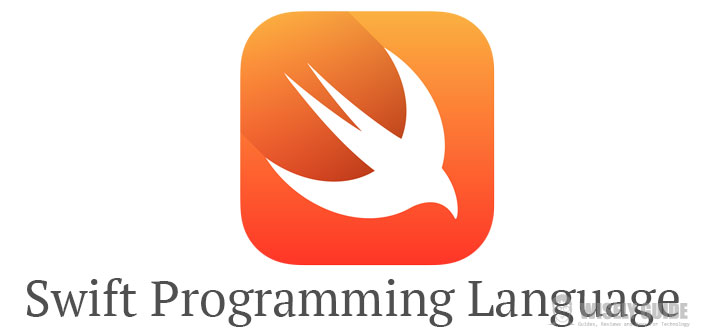The report that Apple has with the OpenSource world may at first appear shallower than it seems, especially given the strong commercial vocation of Cupertino, perhaps even more than what was once considered the nemesis of free software or Microsoft (today it is paradoxically becoming one of the most active in this field).
It is a deep mutual cooperation, though not always easy, especially with die-hard supporters of the movement.
But if there was not, it is possible that the Apple known to us today would not have been such, at least in part. Every day, more or less directly, we are dealing with Apple products with the source code public: we interface to print spooler CUPS, to surf the Web with Safari. We use the WebKit rendering engine, to listen to music purchased on iTunes as we use the lossless ALAC format, for use with Mac OS X we use components such as the kernel XNU and many others. Nevertheless, even technology’s Open others are implemented when necessary and useful, see the platform Apache Mesos for Siri.
Of course, Apple not always fulfills its promises: someone saw FaceTime become an open communication system as Steve Jobs said during a presentation at WWDC 2010? No one and as a result only works between Apple products. But when the promises keeps them, he does well. At WWDC this year the opening was announced for the programming language Swift. After several months of preparations, here comes the official complete with a new dedicated website.
The move benefits both developers and users. Of course, the first will receive them now, when they have all the tools for the creation of the app, which then the latter will benefit. The iberated includes the core libraries of programming, the compiler to transform the Swift code into machine code for execution, the debugger to facilitate the detection of errors and the so-called package manager in charge of preparing the code reallocation on platforms like GitHub.
This last, together with other elements, is also a preview of the next major upgrade of Swift, version 3.0; this spring will celebrate the 2.2 that will bring only minor changes optimization. The available components are governed by a modified version of the Apache license, even less binding than that standard as exempt the developer from the mention in the final product the use of software based on it.
The importance of open source Swift is manifold, with two reasons to predominate over all. Firstly, there is the use multi-platform and not just limited to Apple devices: Linux is officially supported and at least on paper. There is nothing to stop the use of language on Windows, if they are brought about such a system all the necessary tools.
The second is that, if the group led by Tim Cook decides in the future to change the language yet, the community might open the same carry on Swift. Obviously the results of the moves today will not be able to see already in the short term, it will take time before we can make an initial assessment. Hope, meanwhile, is that there can be positive results and lead Apple to continue on this path for other important projects.

